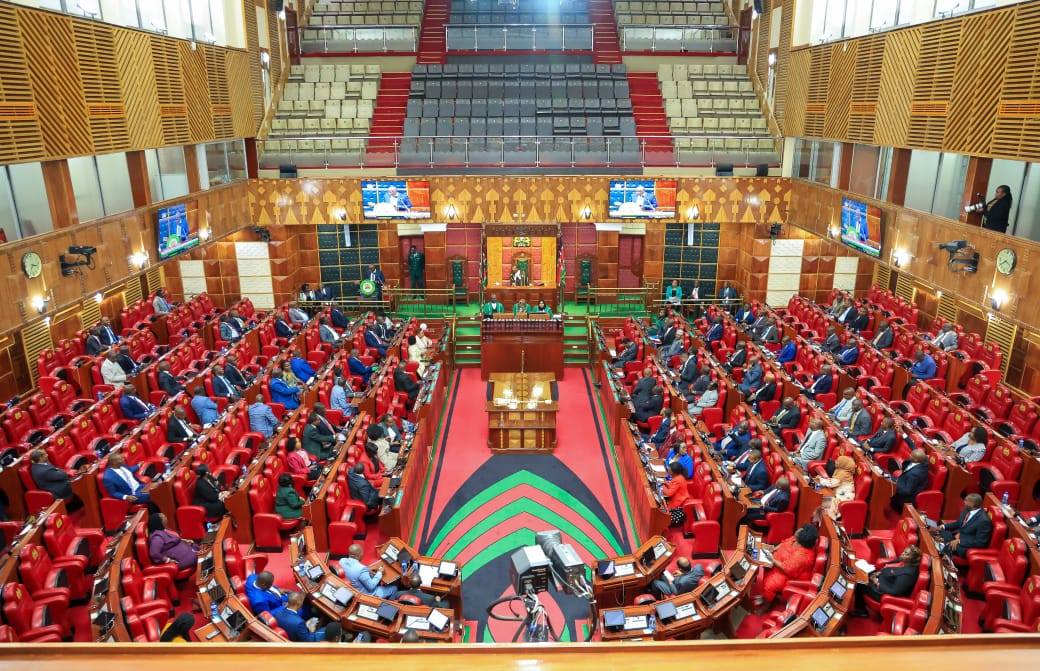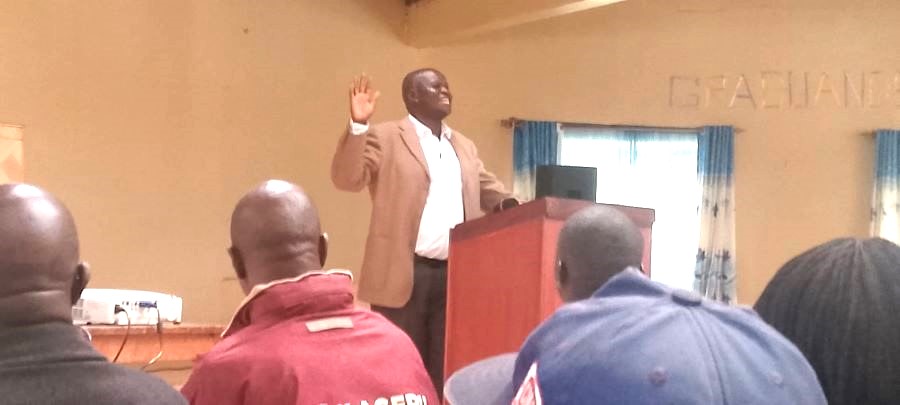By Charles Okoth
Recently, the Government came up with a policy of buying books for schools in certain key subjects namely languages, mathematics and sciences.
One must say this was a very laudable policy decision on the part of the Government although there was the clamour about choice of publishers and quality of the books.
The fact is that, a brisk step has been undertaken in the right direction, and the right spirit exhibited. Resources have been allocated for this noble task, certain contretemps notwithstanding.
But one is left feeling that there was one big act of omission on the part of the Government: literacy. Nothing was set aside for this very important cause, and one is left wondering whether it was by design or oversight.
There has been the perennial issue of the so called reading culture in our schools. It has been averred that Kenyan children cannot read. This has been reflected even in the later life of our scholars, who somehow manage to get to the tertiary level, and then into the various careers.
Some time back, we saw cases of magistrates being declared incompetent to serve because they could not even write a judgment in the English language.
This is one of the biggest tragedies of our school system: we churn out half-baked scholars who cannot express scholarly ideas in a scholarly manner. Language is key. You cannot claim to be an effective teacher if you cannot express yourself in good language.
Actually, we might blame our present education system for this latter-day lapse.
Reading culture; whatever happened? What are our students not reading anymore? During our time, I remember we used to ‘devour’ James Hardly Chase, Agatha Christie, Nick Carter, Barbara Cartland and many other European and American writers. Then there was the whole range of AWS (African Writers Series), Tales of Wamugumo, Charity Waciuma, Magaga Alot, Ogot, Maillu; name them. That served to sharpen our English. We mastered syntax and diction. We knew spelling, idiomatic expressions, hyperbole, etc; just by reading voraciously. After all, we were students; what else were we to do, apart from reading?
We, as a country, should encourage a reading culture in our students. It should become part of the official policy of the Government. One of my professor friends told us in a workshop that a colleague, supervising masters’ students in economics in a local university, told him that he does not mark the language, but the ideas. Those doing language related courses, he said, could bother with the finer aspects of language; for him, the economic aspects superseded the purely linguistic considerations. Thus somebody could pick his Masters’ degree in Economics by writing a presentation full of spelling and grammatical errors, and still don the cap and hood of a scholar in Economics! Dead scholarship, if you ask me. Tragic.
The Ministry of Education should step in and save us the embarrassment of having such half-baked scholars gracing our scholarship ranks. How can they do this? By helping promote the reading culture.
What the ministry did with the key subject areas, buying books, should also be done with class readers. The ministry should buy schools class readers, since some schools do not buy them, even if they are given resources for the same. After all, writers are custodians of social mirrors, and their role should not be down played. Let the mirrors be brought to the young people, that they may see their reflections therein.
Students are still willing to read. But basically, the only books they read are the ubiquitous ‘set books’. That is pathetic, to put it gently. It is only a sure way of restricting scholarship into a bunch of pseudo-scholars that simply have the same nicknames, but nothing else.
There are books which have been approved as relevant class readers for certain levels of learners. I am talking of the orange book. Some of these have even won international awards, like the Burt Award for Young Adult African Literature (BAYAAL). Yet Kenyan young adults have never had access to them. Why can’t they be made available for Kenyan children to read, as part of a campaign to promote reading culture? Why can’t we even start with the Award winners, both BAYAAL and Jomo Kenyatta, so that at least the efforts of our champions can be appreciated by Kenyan young adults, for which the books were written?





